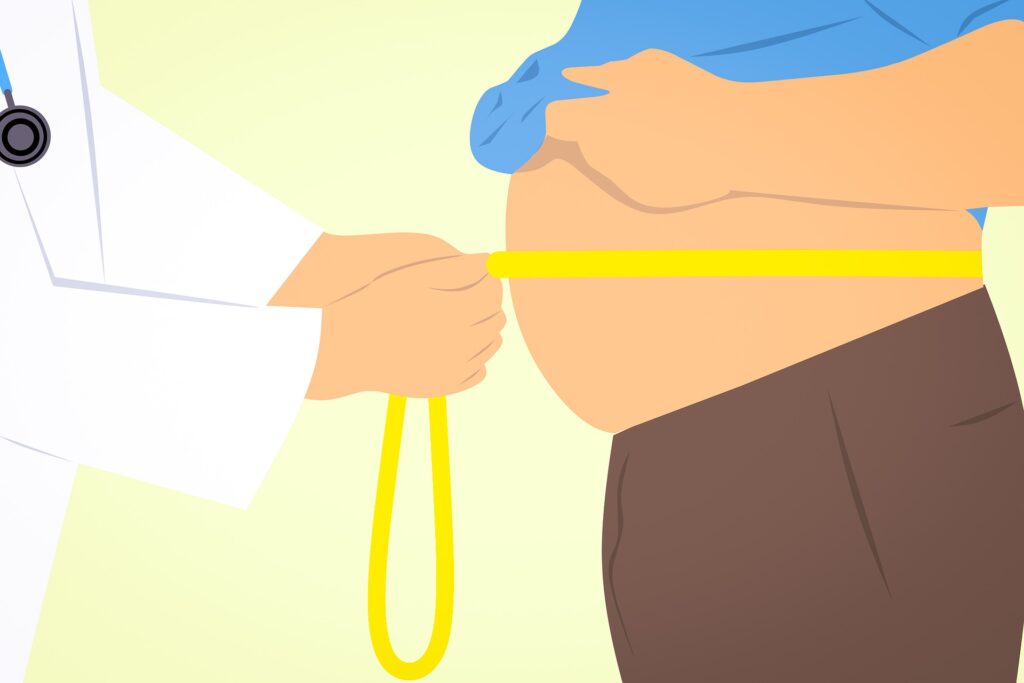Are you thinking of having weight reduction surgery because you’ve tried diets and workouts for years but couldn’t shed off that extra flab? If so, we totally get you, and we believe that getting a Gastric Sleeve in Turkey will be your best option!

It’s a general notion that eating well and exercising more will result in weight loss without the need for surgery. But the stark reality is that although this strategy works for many people, it isn’t that easy for some.
A gastric sleeve surgery, which is performed under general anesthesia, is a safe and reliable surgical weight loss procedure that helps patients with obesity issues to lose weight. Nowadays, the procedure is done using a laparoscope, which means that a minor incision is made in the upper abdomen to carry it out.
But before you undergo the knife, you should do two things – first, consult your doctor to confirm whether or not you actually need the surgery (not all obese people are eligible); second, find out everything you can about the treatment, such as its cost, advantages, the long-term sacrifices you’ll need to make to sustain the outcomes, and risks (if any).
To help you with your research, we’ve compiled this post so that you can discover all the key things about gastric sleeve surgery before saying ‘Yes’ to it. Let’s get started!
What is a Gastric Sleeve Surgery?
Gastric Sleeve Surgery is a medical procedure used to assist in the speed and effectiveness of weight loss in obese patients. This weight reduction surgery, also known as bariatric surgery, employs a variety of techniques aimed at either shrinking the circumference of the stomach or reducing a patient’s food consumption.
The main aim is to establish a feeling of being full or not hungry so that patients no longer wish to feed. Naturally, as the number of calories is eaten decreases, the body begins to lose weight.
Who can be eligible for Gastric Sleeve Surgery?
Gastric sleeve surgery is an effective treatment option for patients with a high BMI (Body Mass Index) and also for people who are suffering from heart or lung problems because of being overweight. Typically, people between the ages of 18 and 65 are eligible for gastric sleeve surgery.
According to the World Health Organization (WHO), the BMI value of a patient must be 35 or higher to be considered eligible for such a surgery. Another important aspect related to this surgery is psychological preparation.
Gastric sleeve surgery necessitates some drastic lifestyle changes that may be exhausting. Candidates are required to have a positive outlook on diet, fitness, and wellbeing.
What is the medical procedure followed for Gastric Sleeve Surgery?
The operation is carried out using a laparoscopic (closed) strategy which involves a series of minor incisions in the patient’s abdomen. The ports implanted into these incisions are used to penetrate the belly with medical tools.
One of them is a surgical telescope linked to a video camera, while the others are used to introduce advanced surgical instruments.

First, the belly is inflated by pumping carbon dioxide gas into it. Then, a trocar (specialized equipment used for cuts by the surgeon) is used to extract up to 3/4 of the stomach fat.
Finally, the remainder of the stomach is stitched up in the shape of a “sleeve” or tube. This sleeve becomes the new stomach for the patient, and naturally, because of its restricted size, it doesn’t allow the patient to eat beyond a certain limit.
Are there side effects? What are its pros and cons?
Gastric sleeve surgery is known as a reasonably risk-free operation. However, as with any major surgery, there are risks and complications.
You might even experience swelling or loss of sensation in your arms and legs. Other complications might be hemorrhage, pulmonary embolism, infection of the wound, postoperative distress, and bronchitis.
Though side effects are present, we should remember the surgery does aid the purpose of the patient. Here’s a quick look at the pros and cons for a better understanding.
Pros
- About 65% of the excess body can be shed
- Since it is a one-step operation, the chances of complications are reduced
- As compared to gastric bypass, the recovery time is shorter
- There are fewer concerns with mineral and vitamin absorption
- There’s a low probability of dumping syndrome
Cons
- As compared to gastric bypass, there’s less weight loss
- The process of weight loss will be time-consuming
- It is irreversible
- It can cause acid reflux
Having Gastric Sleeve Surgery in Turkey – Why Is It Beneficial?
When it comes to a surgery as complicated as a gastric sleeve, selecting the right surgeon and the right medical facilities becomes imperative. Not all doctors have the right experience or finesse, and not all countries and hospitals are ideally suited.
That’s the reason people often consider getting a weight loss surgery done in a country foreign to their own. Access to skilled surgeons and better facilities coupled with cost savings is what attracts them.
So if you’re considering undergoing this treatment and have no aversion to traveling because of it, we suggest getting gastric sleeve done in Turkey. Truth be told, some of the most professional weight loss surgeons and hospitals are operating in Turkey.
They follow a fair procedure of analyzing you thoroughly before starting so that it can be determined whether or not you’re even a good candidate for the procedure.
This ensures that your surgery is completed safely, and you can lead a complication-free list when you return to your country. Moreover, Turkey offers low-cost gastric sleeve surgeries, and that too, with a high degree of comfort in their hospitals.
Things you should remember before traveling
If you’re considering getting obesity surgery done in Turkey, you should proceed with caution, particularly in light of the COVID-19 pandemic. Check to see if the healthcare facility which you’ve chosen has proper sanitization procedures in place.

Investigate the hospital, and check to see which international accrediting agency has accredited them. Most importantly, inquire about the surgeon’s experience and learn how many obesity surgeries he/she has done with success rates.
To Conclude
Gastric sleeve surgery is an effective weight loss procedure recommended to obese people with a certain BMI value or those who are suffering from health issues because of weight. It works by shrinking your stomach and forces you to eat less, thereby cutting down on your weight gain.
If you stick to a balanced diet and workout routine post-surgery, you can lose more than half of your body weight in as little as 24 months. However, as in most surgical operations, there’s a chance of complications and side effects. So, if you’re considering gastric sleeve surgery, consult with your doctor and analyze everything before proceeding.
Also Read
- lifetime-fitness-membership-prices-locations
- membership-levels-at-lifetime-fitness
- everything-you-need-to-know-about-la-fitness
- 40 Junk Food List | Healthy And Unhealthy Food
- Lifetime Onyx Membership: What Is It- Advantage & Price
- Health-information-specialist
- Western-health-advantage
- 4-factors-to-consider-when-planning-meals
- Benefits-of-biotin
- Keto-diet-advantages-and-disadvantages
- What Makes You Loopy After Wisdom Teeth Removal
